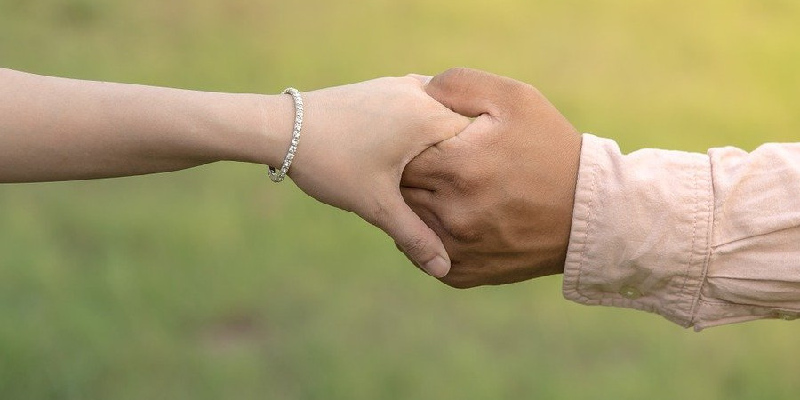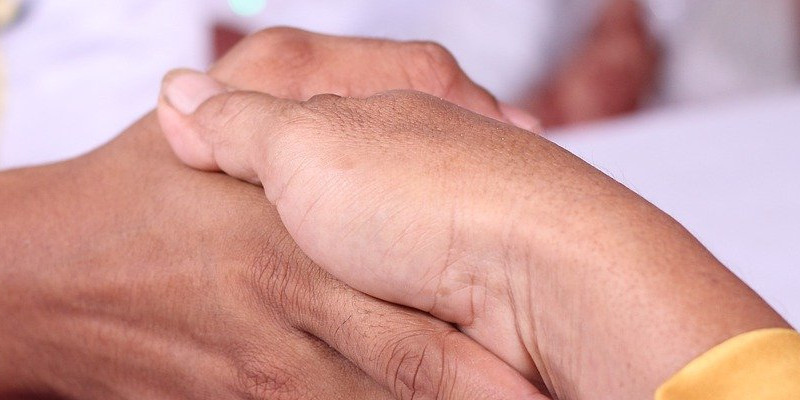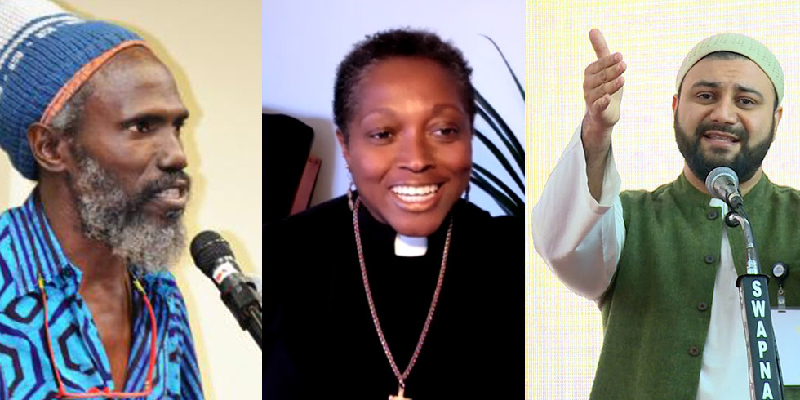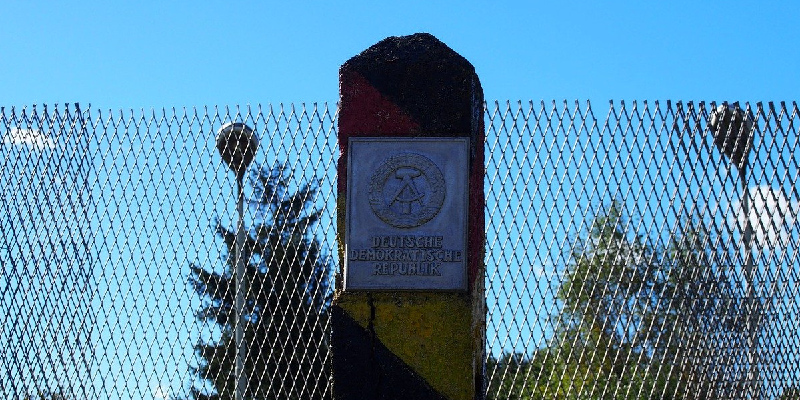Aktuelles
Aus den Landeskirchen >>>
Aus den Gemeinden >>>
Aus dem Reformierten Bund >>>
Kolumne >>>

from... - die reformierte App

Newsletter

Wir auf Facebook
Great Britain: Churches give fresh impetus to social justice challenge
The Joint Public Issues Team
Rachel Lampard, previously responsible for political and parliamentary liaison in the MethodistChurch, is to take over as team leader, when she returns from maternity leave. She said: “Our three church traditions share a passionate concern for issues of poverty and injustice. By working together we have been able to make a much stronger impact. Our challenge is to help the churches to promote justice, equality and peace by influencing those in power. We also want to help resource and energise local congregations in their effort to live out the gospel of Christ”.
The Joint Public Issues Team was set up two years ago as a ground-breaking initiative between the churches which is now being adopted in other spheres of work. Staff retain a denominational identity but pool their expertise and produce resources jointly for the Baptist Union of Great Britain, the MethodistChurch and the United Reformed Church.
Team members are currently working on poverty in the
A new Methodist member of the Team, Dr Paul Morrison, brings added expertise in the field of science, technology and bioethics. Other team members bring experience in international affairs, conflict,
The Joint Public Issues Team is managed by a group consisting of Janet Morley, head of the Christian Communication, Evangelism and Advocacy Cluster within the Methodist Church Connexional Team, Simon Loveitt, spokesperson on public issues for the United Reformed Church, and the Revd Graham Sparkes, head of Faith and Unity for the Baptist Union of Great Britain.
More details on the work of the Joint Public Issues Team from Wendy Cooper (enquiries@jointpublicissues.org.uk) or at www.jointpublicissues.org.uk
The
The United Reformed Church comprises one hundred thousand people in 1600 congregations. It has brought together English Presbyterians, English, Welsh and Scottish Congregationalists and members of the Churches of Christ. Worldwide, more than 70 million Christians are members of the Reformed family of churches, the largest Protestant tradition. The name ‘Reformed’ is used because the churches began to emerge with reform movements in the sixteenth century. www.urc.org.uk
The Joint Public Issues Team combines the expertise of the Baptist Union of Great Britain, the MethodistChurch and the United Reformed Church in the area of public issues. Through close collaboration, the churches aim to increase the effectiveness of their engagement in public life and parliamentary affairs. For more information about the Joint Public Issues Team, visit www.jointpublicissues.org.uk
03.10.2008 URC/UMC/BUGB / GEKE-Internet-Newsletter, 8. Oktober 2008
'Frieden kann nur mit friedlichen Mitteln erreicht werden'
Quelle: WGRK
'Chance zur Transformation in Richtung Geschlechtergleichstellung'
Quelle: WGRK
Vereint gegen Konflikte
Quelle: WCRC
Frauenrechte in Pandemiezeiten
Quelle: WGRK
'Wir sind eine Welt in Not'
Quelle: WGRK
'Die Welt von den lang anhaltenden Ungerechtigkeiten heilen'
Quelle: WGRK
Bekenntnis zum Gott des Lebens
Quelle: WGRK
'Unerlässlich im Konzert der Nationen'
Quelle: WGRK
Zukunftsmusik
Kathrin Oxen
Der biblische Zöllner Zachäus - und Steuerpolitik heute
Quelle: WGRK












